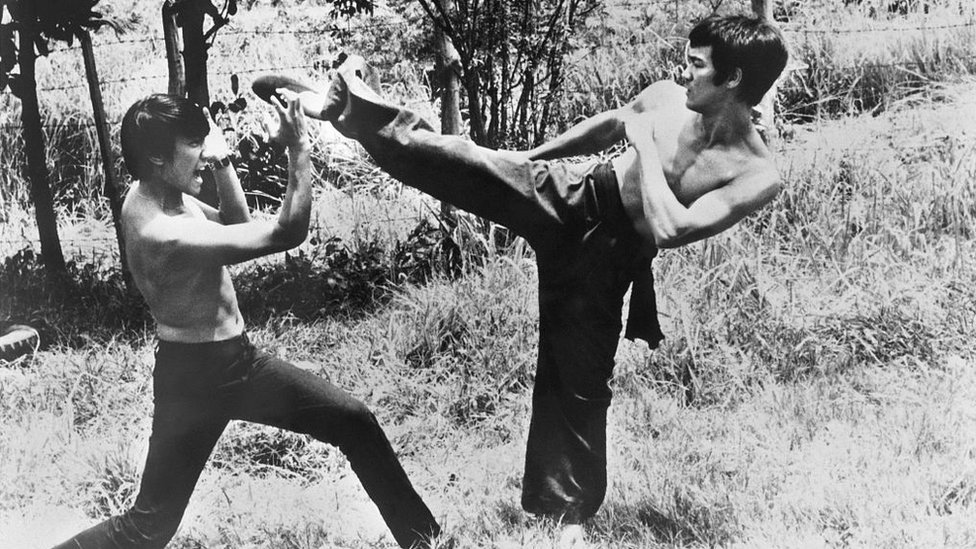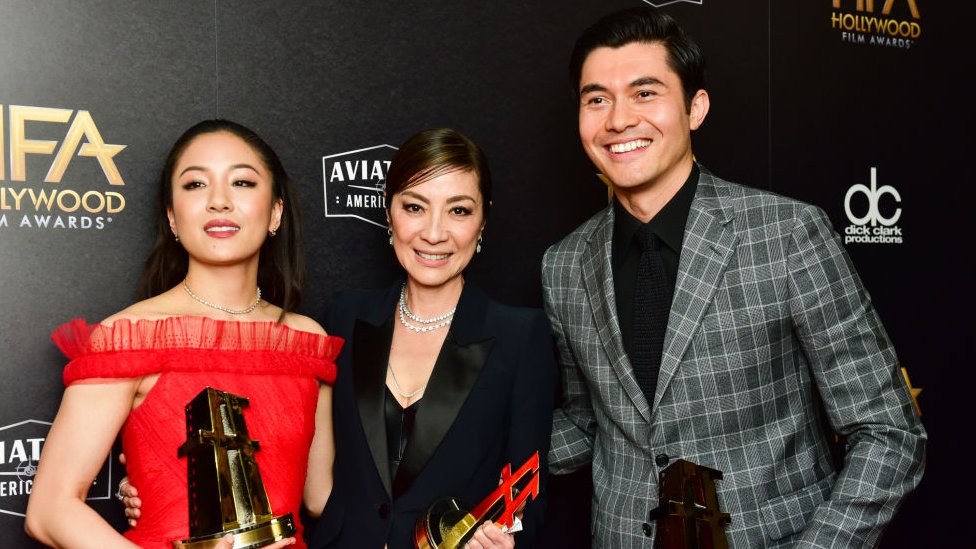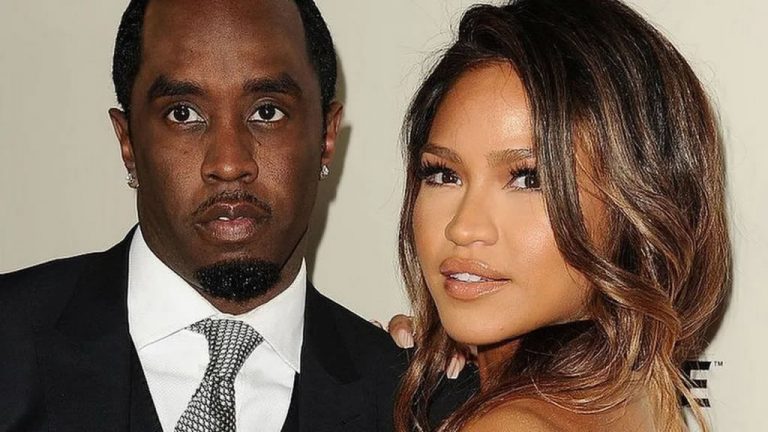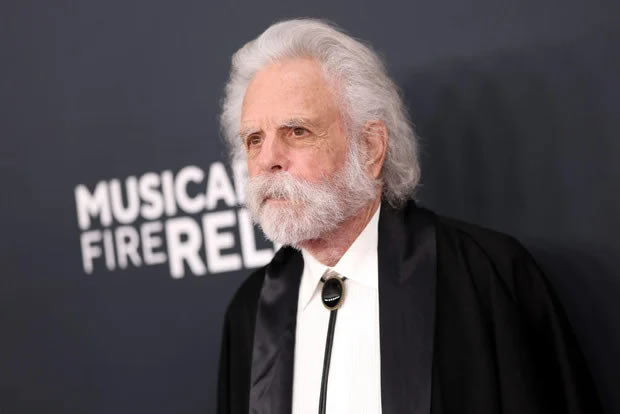
Willis Wu is not a Kung Fu Guy.
Instead, much to his dismay, the struggling Asian American actor is only ever cast in parts like Generic Asian Man Number One or Background Oriental Male.
He is, however, the main protagonist of the satirical novel Interior Chinatown, which last month won one of the most prestigious literary prizes in the US, the National Book Award for fiction.
Its author, Charles Yu, says he wrote the book to “create a space where background characters get to have a story”.
Even more than that, he hopes the novel will shed more light on the ongoing debate about representation and Asian American stereotypes, and create a conversation about escaping the roles we are forced into.
In the words of Willis Wu: “To be yellow in America… a special guest star, forever the guest.”
Not all black and white
A former lawyer, Yu first shot to fame in 2010 with his novel How to Live Safely in a Science Fictional Universe.
He then went on to work as a writer for the award-winning HBO television series Westworld, before returning to literature.
“I struggled for years trying to get [the book] off the ground,” the 44-year-old tells the BBC in a recent Zoom interview from his southern California home.
But a major “catalyst” that got him going, he says, was the election of President Donald Trump in 2016.
“It’s sometimes really dispiriting and challenging to still feel like a foreigner [in the US]. We’re from here but here is the president basically doing all the stuff he’s doing to stoke xenophobia and making some very sweeping generalisations about what’s foreign and what’s American,” says Yu.
“I just felt much more of an urgency and desire to talk about immigrants and to share some of the stories of my parents. I realised I needed to write about it.”
And so he did. Written in the form of a screenplay, Interior Chinatown centres on the trials and travails of Willis as he tries to break into Hollywood.
Set in a fictional Chinatown, the story follows Willis as he plays background characters in a police TV show called Black and White – which stars a black person and a white person.
He slowly works his way up from playing bit parts like Delivery Guy and Silent Henchman to eventually clinch his dream role – Kung Fu Guy.

But Willis soon realises that no matter what role he plays, he’s still pandering to a stereotypical idea of what it means to be Asian-American.
“The [characters] are all trapped in their roles, they’re part of this narrative that has been scripted for them,” says Yu.
Willis’ mother for example, once seen as an Asian Seductress, eventually becomes an Old Asian Woman.
Willis also comes to realise more broadly, that everyone ultimately has to deal with the stereotypes they have been assigned in life.
“Do you think you’re the only group to be invisible?” asks one of the characters in the book. “What about older women, older people in general, black women, people that are overweight?”
Yu explains: “This book is really about people not seeing other people as having their own subjectivity. When you make someone the background, whether that’s an Asian character, a female love interest, an older person… you take away some of their humanity.”
He admits that some parts of the novel were “hard to write…[but] that’s when I knew it was starting to be real”.
Hollywood and the road ahead
The novel itself was inspired in part from his own experience as the son of Taiwanese immigrants.
“I drew from my family, my parents came [from Taiwan] in the 1960s and I really wanted to capture things I’ve absorbed from their experience and the sacrifices they made over the years,” he says.
“The story of them being Americans, to me, is both inspirational and also really complicated.”
In one scene, Willis’ father arrives in the US with hardly any money – mirroring Yu’s father’s experience.
“I feel like a lot of people’s parents have some version of this story. In my dad’s case, he came to the US with like $50 or something and had to navigate this country knowing really nothing about it,” he says.
“And to see the span between my parents and my kids, who were born here, and to see how much has changed in just a couple of generations… [but] at the same time some aspects might not have changed. There are still parts of the population that [still] view us as foreigners.”
But what about in Hollywood? Is there still a sense of the Chinese man being the Kung Fu Guy?
“I think the industry is slowly moving forward. I think there’s a real interest in authentic and diverse points of view in terms of sexuality, gender, types of stories,” he says.
Crazy Rich Asians, which in 2018 made its debut to much fanfare – and also criticism – is one such example of more Asian-Americans slowly making their way to the big screen.

“To me, it was very positive progress in that it opened many doors for more Asian American storytellers, actors… I think we’re at that place where it’s hard not to see the positives.”
But Yu also says a “real milestone” in terms of representation to him would be “when you can have a character who is played by an Asian in Hollywood that isn’t a feature of the story or the character”.
“Certainly there can be valid stories where that is the point of the story, but to me, it would be really neat to see a part that could have been played by literally anybody, but they happen to cast an Asian.”















+ There are no comments
Add yours